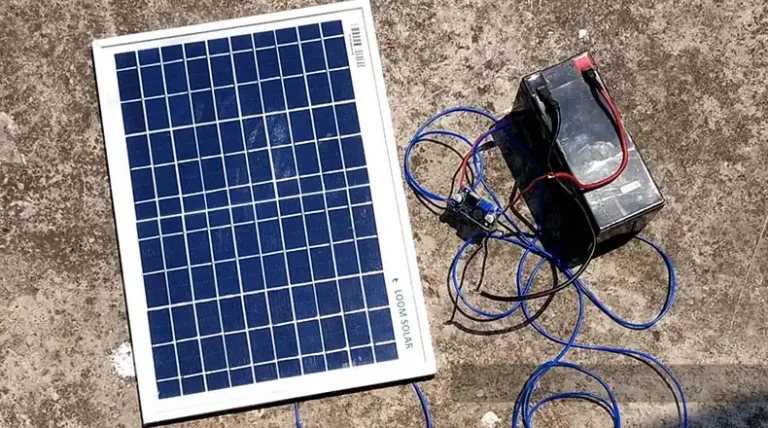Do Solar Panels Attract Lightning? Simple Explanation for You
Lightning is a powerful force of nature that can cause significant damage to your home and property. While solar panels don’t attract lightning any more than any other object, they can be struck by lightning, and the damage can be costly to repair.
Solar panels don’t attract lightning any more than any other object, but they can be struck by lightning. If lightning strikes your solar panels, it can cause serious damage. However, there are a number of things you can do to protect your solar panel system from lightning strikes.
If you’re concerned about the risk of lightning striking your solar panels, I encourage you to read this article to learn more about how to protect your system.
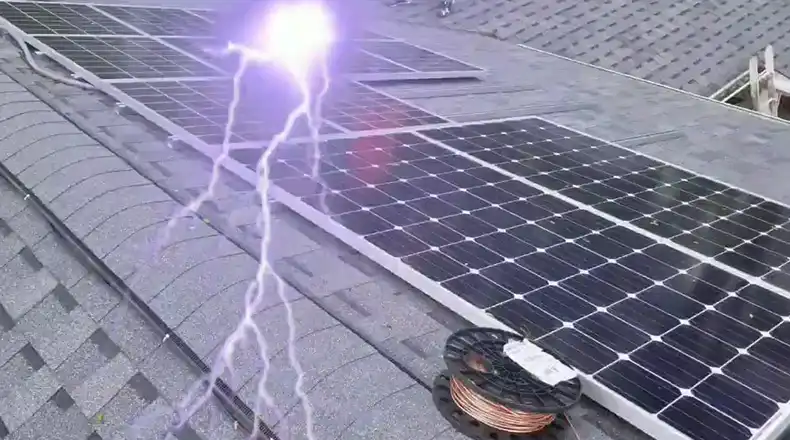
How Lightning Attracts an Object?
Before we explore the connection between solar panels and lightning, let’s demystify how lightning operates. Lightning occurs when there’s an imbalance of electric charge in the atmosphere, usually during a thunderstorm.
The negative charges in the lower part of a storm cloud induce a positive charge on the ground, and when the voltage difference becomes substantial, it leads to a lightning strike.
Lightning does not attract objects in the way that a magnet attracts metal. Instead, it is attracted to areas with a high concentration of positive charge. These areas are often tall, pointy objects, such as trees, buildings, and towers. The lightning bolt seeks the shortest path to the ground, and these objects provide that path.
Lightning can also strike randomly, but this is less common. It is more likely to strike objects that are taller than their surroundings and that are isolated from other objects. This is why it is important to avoid tall objects and open fields during a thunderstorm
Does Solar Panels Can Get Lightning Strike?
So, do solar panels attract lightning strikes? The good news is that solar panels, by themselves, don’t attract lightning. Now you may think, why so? as you know solar panels have positive concentrated energy.
Well, the reason is, that the positive charge of a solar panel is not enough to attract lightning. Lightning is attracted to areas with a high concentration of positive charge, and solar panels do not have a high enough concentration of positive charge to attract lightning.
In addition, solar panels are typically grounded, which means that they are connected to a metal rod that is driven into the ground. This grounding system provides a safe path for lightning to travel to the ground, which helps to protect the solar panels from damage.
However, in extremely rare cases, lightning can strike solar panels, but not because the panels attract it. It’s usually a matter of sheer bad luck when lightning happens to hit a solar panel while seeking a path to the ground. Rest assured; the odds of this occurring are remarkably low.
Issues You Will Have If Lightning Strikes on Your Solar Panels
While solar panels aren’t lightning magnets, if lightning does strike them, there can be some consequential issues. Here’s a glimpse of what you might face:
Damage to the solar panels: The lightning strike could melt the solar panels, crack the glass, or damage the electrical cells. This damage could reduce the efficiency of the solar panels or even make them unusable.
Damage to the wiring: The lightning strike could also damage the wiring that connects the solar panels to the inverter and the battery bank. This damage could cause the solar system to malfunction or even cause a fire.
Damage to the inverter: The inverter is the device that converts the DC electricity generated by the solar panels into AC electricity that can be used by your home. A lightning strike could damage the inverter, making it unable to convert electricity.
Damage to the battery bank: The battery bank stores the electricity generated by the solar panels so that it can be used at night or when the sun is not shining. A lightning strike could damage the battery bank, making it unable to store electricity.
What to Do to Prevent Solar Panels Attracting Lightning?
While solar panels are not likely to attract lightning, it is still important to take precautions to protect your solar system from lightning strikes. This includes installing a lightning protection system and surge protectors.
- Install a lightning protection system: A lightning protection system is a network of wires and rods that are designed to direct lightning strikes away from your home and your solar panel system.
- Ground your solar panel system: Grounding your solar panel system helps to dissipate any electrical charge that may build up in the system. This can help to reduce the risk of a lightning strike.
- Keep your solar panels clean: Dirt and debris can build up on your solar panels and create a path for lightning to follow. It’s important to clean your solar panels regularly to remove any dirt or debris.
Final Thoughts
While solar panels don’t attract lightning, it’s still important to take steps to protect your solar panel system from lightning strikes. By installing a lightning protection system, grounding your solar panel system, and keeping your solar panels clean, you can help reduce the risk of damage to your solar panel system.

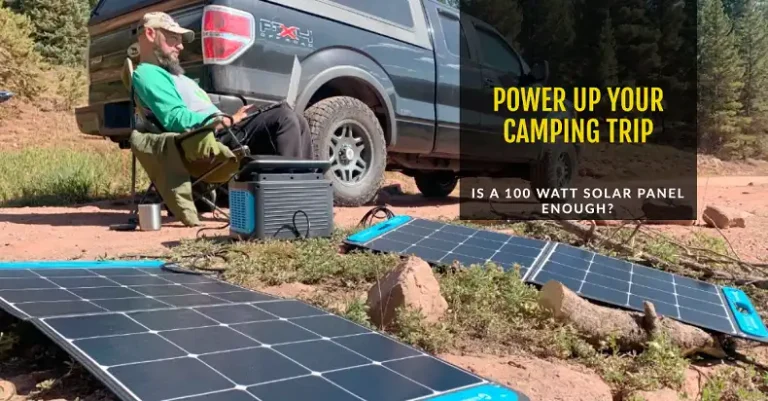
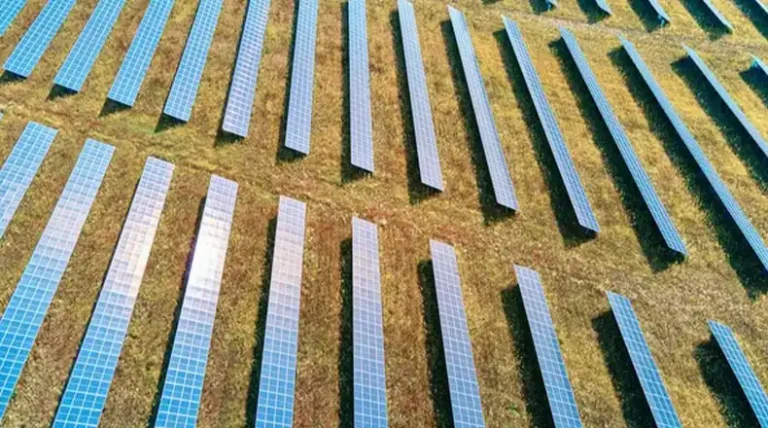
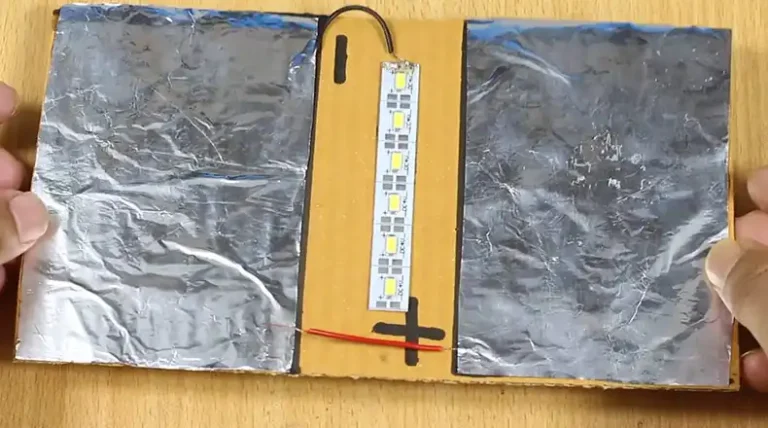
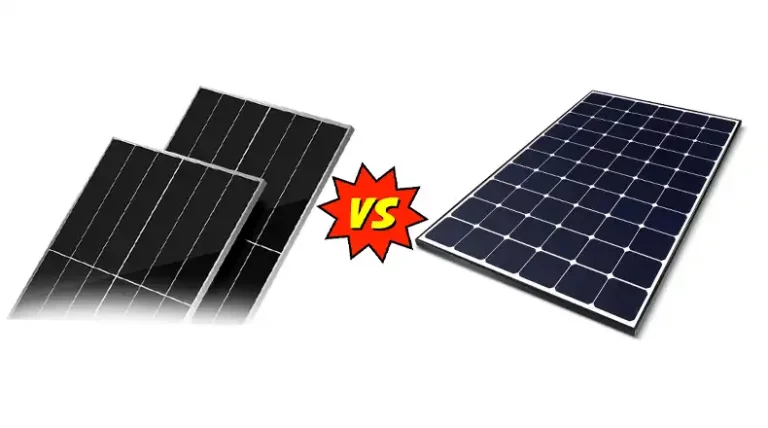
![[Explored] Can You Short Out a Solar Panel?](https://www.itekenergy.com/wp-content/uploads/2023/07/Can-You-Short-Out-a-Solar-Panel-768x428.webp)
